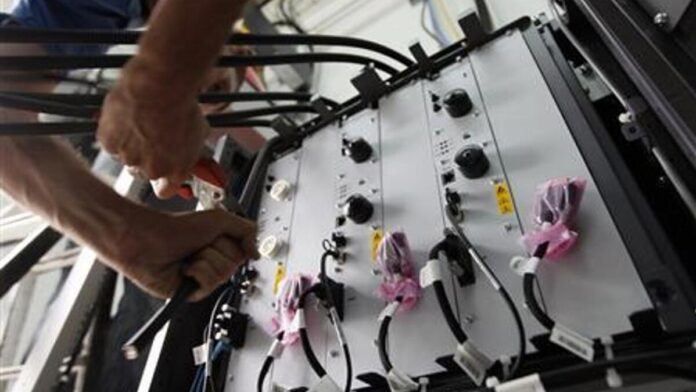The people of Lebanon faced Internet Service interruption on January 16 due to diesel shortages in the nation. According to the state provider, this is yet another essential service that has been lost due to the country’s escalating economic crisis.
According to Imad Kreidieh, the head of state internet provider Ogero tweeted that a central station in west Beirut, al-Mazara, would run out of diesel and go offline early on Sunday. The outage impacted over 2,600 daily internet users, including the Internet Security operation rooms.
In the mid of Sunday, one of the residents donated diesel, allowing the station to get back on work and online, he said. Meanwhile, another neighbourhood in East Beirut, Achrafieh, was out of diesel and later, they operated on temporary with the use of batteries.
According to Kreidieh, the situation is unbearable.
The Lebanese rely on a network of private generators that run on diesel fuel because they only get a few hours of State electricity per day. This frequently results in neighbourhoods being entirely dark for several hours.
Meanwhile, residents must pay for various services, including large bills to generator operators, fluctuating as the crisis worsens.
However, Internet and telecom services already were expensive in Lebanon. However, in 2019, a tax imposed on WhatsApp services created nationwide protest protests that turned a rebuke of the entire political elite.
The import dependant country also suffers from a lack of medicine, leaving patients dependant on the black market, smuggling drugs and donations from Lebanese ex-pats and groups of citizens.
Lebanon is in the throes of the most destructive monetary and financial crisis they faced in history that has fallen the once middle-class country into poverty.
The crisis began in the country due to corruption and mismanagement by the same political class ruled for years. It has gradually lifted subsidies of essential goods, including fuel and medicines.
However, the government has yet to enforce a “Social Safety” program or draft a recovery plan to negotiate with the International Monetary Fund.
The crisis led the national currency to lose more than 90% of its value to the dollar, fearing bankruptcy, having people access to deposit their money in banks.
The debate was going on that the interruption happened in the State because they did not sign a piece of paper on time to buy needed diesel, and many workers went on strike demanding their salaries.
According to the owner, his company needs to buy diesel now at the market rate only to run the station.

